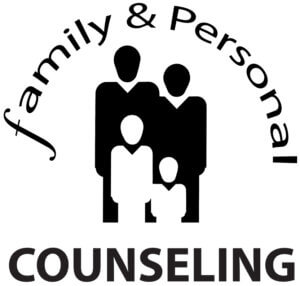
Sleep Better and Feel Refreshed
We’ve all been there—lying awake at night, staring at the ceiling, wondering why sleep is so elusive. Poor sleep can sneak up on us for many reasons, including stress, anxiety, irregular schedules, and even our sleep environment. Sometimes, it’s as simple as the wrong room temperature or too much noise. Other times, it’s our daily habits, like diet and exercise, that throw off our sleep. What can you do to rest up?
The Impact of Poor Sleep
When we don’t get enough sleep, it’s not just about feeling tired. Psychologically, poor sleep can increase stress, anxiety, and even lead to depression. Our brains don’t work as well, making it harder to remember things, concentrate, or make decisions. Physically, a lack of sleep can weaken our immune system, making us more susceptible to illnesses. It can also increase the risk of serious health issues like heart disease and diabetes, and contribute to weight gain. Our bodies miss out on critical repair time, leaving us feeling rundown and out of sorts.
The importance of sleep isn’t a luxury—it’s a necessity. It’s the time when our body repairs tissues, builds muscle, and consolidates memories. Our brain uses this downtime to process the day’s events, which helps us learn and retain information. Without enough sleep, our mood, energy levels, and overall sense of well-being take a hit. We need sleep to feel like our best selves.
Setting Yourself Up for Healthy Sleep
Creating a perfect sleep environment can make all the difference. Think of your bedroom as a sanctuary—dark, quiet, and cool. Invest in a good mattress and pillows; your body will thank you. Stick to a regular sleep schedule, going to bed and waking up at the same time every day, even on weekends. Keep screens out of the bedroom and wind down with a calming routine—read a book, take a warm bath, or try some gentle mindfulness exercises.
Breaking a Bad Sleep Routine
Stuck in a cycle of bad sleep? You’re not alone, and there’s hope. Start by making small changes, like going to bed 15 minutes earlier each night. Avoid caffeine and heavy meals before bed, and try to get some physical activity during the day. If you’re still struggling, don’t hesitate to reach out to a healthcare professional. They can offer personalized advice to help you get back on track.
Now Rest Up!
Getting quality sleep is essential for feeling good and functioning well. By understanding what disrupts your sleep and taking steps to create a healthy sleep routine, you can improve both your mental and physical health. Sweet dreams!


